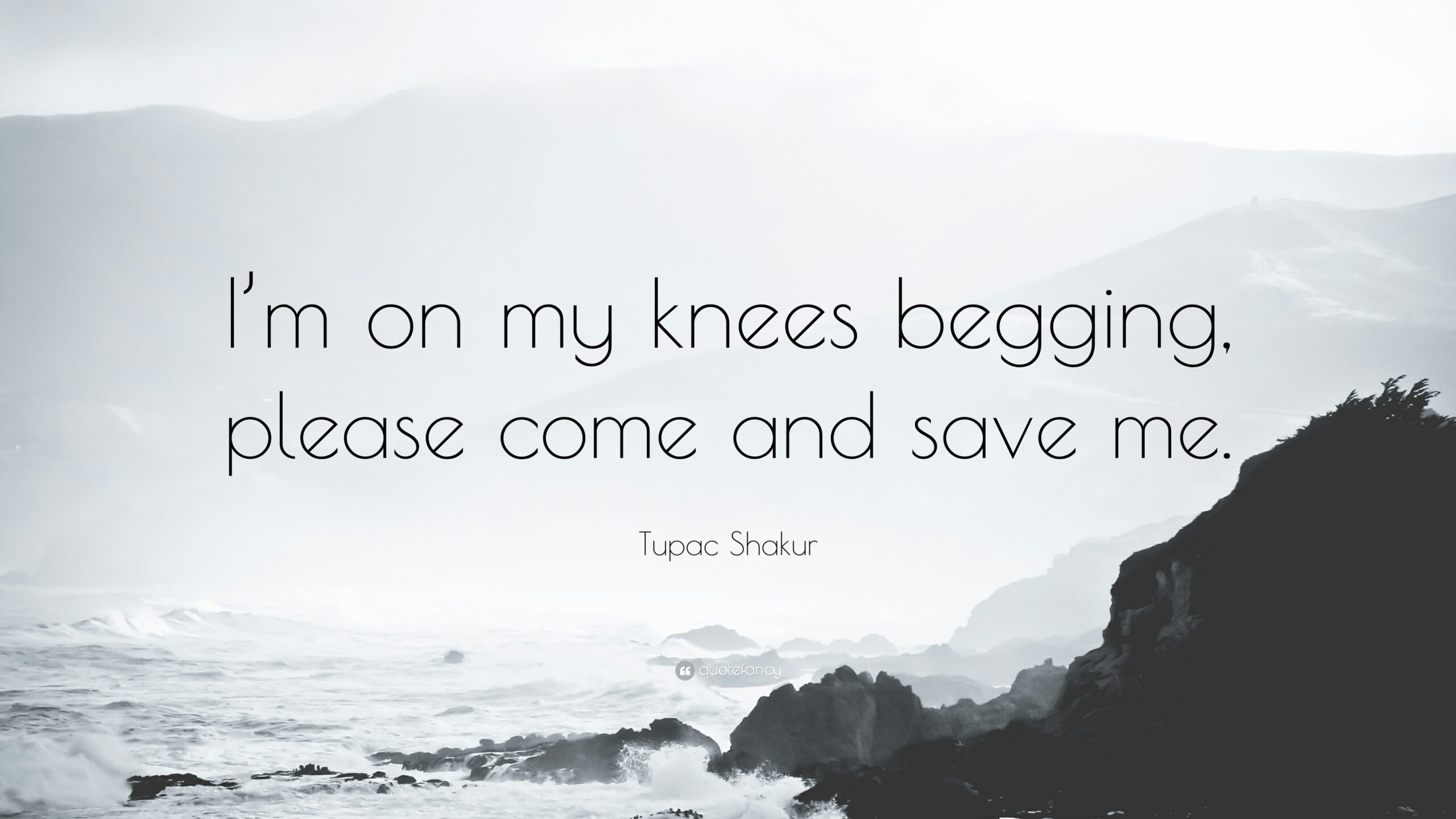‘Spirit’ refers to more than feelings, thoughts, or emotions. It belongs in the realm of faith. It may be experienced as the capacity to hope and endure. It may be expressed as a sense of connection to God and heaven (or your own language for holy Love). It has an existential element, yet its implications are tangible: they’re life and death.
As humans, we have all been dispossessed. Perhaps not materially or economically, yet something has slipped, broken. As the ‘poor in spirit’, we’re looking at ourselves in a different, startled way: with new eyes and a hurting heart. One commentator states, ‘…they trust in God more profoundly than most because they have no hope in this world.’ Or perhaps we could say, with the odds stacked against us, the ‘poor in spirit’ shouldn’t have any reason to hope, yet we embody resilience, and find hope anyway.
Scholars argue that being ‘poor in spirit’ is not equated with despair or giving up. In fact, it means the opposite. (Don’t worry, there’s a different Beatitude for those who are hurting in other ways.) A.W. Tozer says “They have broken the yoke of the oppressor; and this they have done not by fighting but by surrendering.” Rather than being the possessors, we have given ourselves into Someone’s possession. After all, we have nothing left except God’s unfailing promise and presence. That holy love, a wellspring more abundant than our limited spiritual reserves, becomes our source of strength and renewal.
The first blessing includes, too, those who admit to depression and disillusionment. They struggle, and try to hold on, even when the promise of God’s promise seems empty or far away. Out of reach. Even when they can’t feel God’s love or find God’s justice.
One powerful example of the ‘poor in spirit’ tends to be people who have gone through twelve-step programs. They’ve hit the bottom. Lost everything except their lives. Sometimes lost themselves. Yet they don’t give up. They give over. The blessing of being the ‘poor in spirit’ doesn’t promise to be easy: ask anyone who is staying sober and giving themselves into the care of a Higher Power every day, step by step.
They endure anyway. Refuse to give up. Keep trying. They have nothing left, except the hope of love itself, even when that love doesn’t seem to be available or accessible.
Be honest with yourself as you read this. What would be required for you to cry out to God? To turn to God? What brings you, as we explored in yesterday’s posting, to your knees? What would cause you to acknowledge that you cannot continue alone, or cope by yourself? That you need a Love larger than yourself? When have you been at such a turning point, if ever, that you cried out for God’s love, healing, hope, justice, mercy or support? Who in your life exemplifies this condition? — Rev Gail
Meditations:
God, grant me the serenity
To accept the things I cannot change;
Courage to change the things I can;
and wisdom to know the difference.
— Attributed to Reinhold Niebuhr
We must become so alone, so utterly alone, that we withdraw into our innermost self. It is a way of bitter suffering. But then our solitude is overcome, we are no longer alone, for we find that our innermost self is the spirit, that it is God, the indivisible. And suddenly we find ourselves in the midst of the world, yet undisturbed by its multiplicity, for our innermost soul we know ourselves to be one with all being. ― Hermann Hesse
My religion consists of a humble admiration of the illimitable superior spirit who reveals …self in the slight details we are able to perceive with our frail and feeble mind. ― Albert Einstein
The first peace, which is the most important, is that which comes within the souls of people when they realize their relationship, their oneness with the universe and all its powers, and when they realize at the center of the universe dwells the Great Spirit, and that its center is really everywhere, it is within each of us. ― Black Elk
Challenge or Question: Name at least one thing that gave you hope today. Acknowledge it. Give thanks for it.

